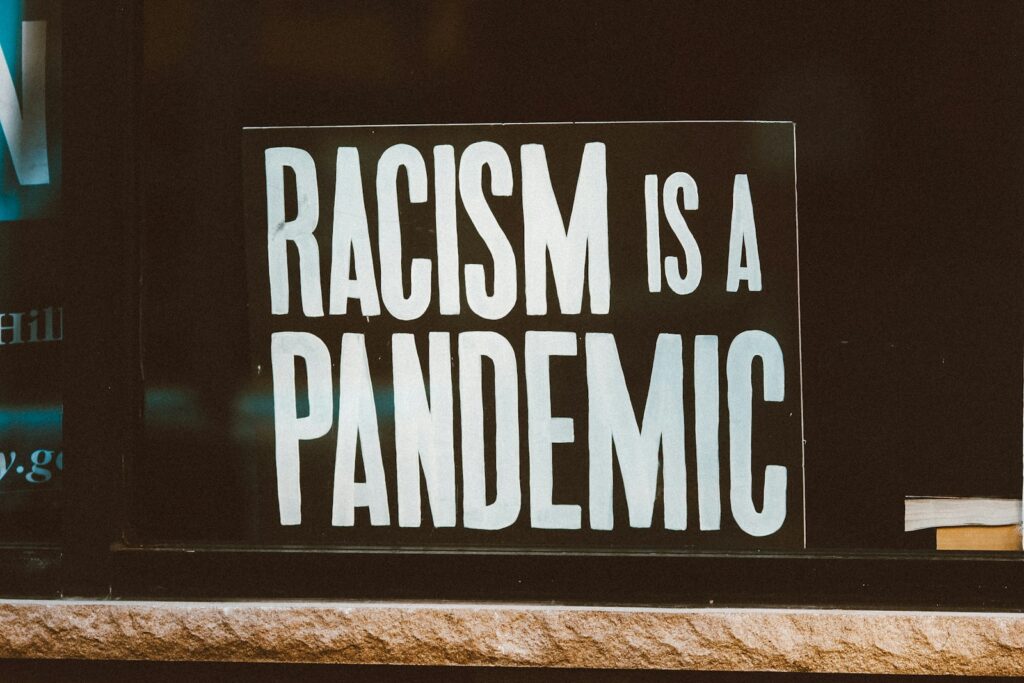Figures from the National Records of Scotland (NRS) display over 1,200 people died from an alcohol-related death last year.
Research from the NRS, which was published today, found 1,276 people tragically lost their life due to substance abuse in 2022. This was 2% more than figures discovered in 2021 and is the highest figure found since 2008.
Zooming in on the data, more men than woman passed away however their rate of deaths remained unchanged. In 2021 and 2022 836 men died, but female deaths increased by 31 bringing the total up to 440.
Against this backdrop, the alcohol death rate was 4.3 times higher in Scotland’s most deprived areas than it was in the least deprived, though NRS said the ‘equality gap’ has narrowed.
The NHS Greater Glasgow and Clyde health board area – the largest in the country – recorded the highest number of deaths with 326, followed by NHS Lanarkshire with 200 and NHS Lothian – which includes Edinburgh – with 153.
The majority of deaths logged alcoholic liver disease as an underlying cause of death – 778 in total.
Daniel Burns, head of vital events statistics at NRS, said: ‘Looking at the long-term trend the number of deaths from alcohol-specific causes fell between 2006 and 2012 but has risen since and is now about the same as 2010 levels.
‘In 2022, the average age at death for females from an alcohol-specific cause was 58.7 years and for males it was 60.0 years.’
Over the years Scotland have attempted to steer locals away from indulging in too much alcohol in a bid to improve public health – in May 2018 they become the first country to introduce a minimum unit pricing (MUP) for alcohol, initially set at 50p.
However, with alcohol-related deaths increasing in the country, experts have claimed more needs to be done. Public health spokesperson, carol Mochan, said: ‘The SNPs failure on public health is costing lives and devastating the poorest communities – we urgently need a comprehensive plan to support treatment services and ensure those struggling with alcohol can get the help they need.’
Image: Adam Wilson

















Leave a Reply